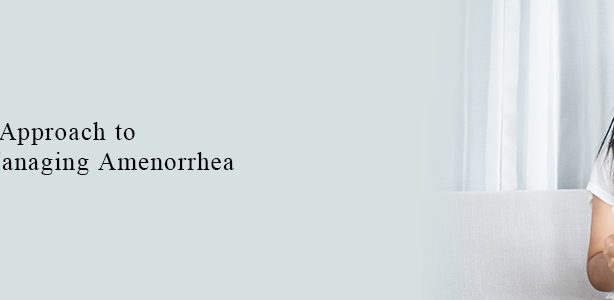Ayurveda Consultant at Ayurveda Singapore says regularly massaging the heels with warm sesame oil helps lubricate the tissues, reduce stiffness, and improve blood circulation Heel pain is a common problem that can significantly impact one’s mobility and quality of life. Whether it stems from plantar fasciitis, Achilles tendonitis, or other causes, finding effective relief is paramount. V.C. Ajith Kumar, Director and Principal Ayurvedic Consultant, Ayurveda Singapore says that Ayurveda, the ancient holistic healing system from India, offers a holistic approach to healing various ailments, including heel pain.
Understanding the Ayurvedic perspective
According to Ayurvedic Consultant at Ayurvedic Singapore, heel pain is often associated with an imbalance in the Vata dosha. Vata governs movement and is primarily located in the bones, joints, and nerves of the body. An aggravated Vata dosha can lead to dryness, stiffness, and pain in the affected area, which in this case is the heels.
Ayurvedic management of heel pain
According to Ayurvedic Consultant at Ayurvedic Singapore, Ayurvedic solutions and practices can help alleviate heel pain and restore your comfort and mobility.
Sesame oil massage (Abhyanga)
Ayurveda Consultant at Ayurveda Singapore says regularly massaging the heels with warm sesame oil helps lubricate the tissues, reduce stiffness, and improve blood circulation. Sesame oil is revered in Ayurveda for its warming and nourishing properties. Warm a small amount of sesame oil and gently massage it into your heels using circular motions. Leave it on for 15-20 minutes before washing it off.
Triphala powder paste
Ayurveda Consultant at Ayurveda Singapore says Triphala is known for its anti-inflammatory and analgesic properties. To create a paste, mix Triphala powder with a small amount of water. Apply this paste to the affected area and leave it on for 30 minutes before rinsing off.
Ginger compress (shunti lepa)
According to Ayurvedic Consultant at Ayurvedic Singapore, ginger is an anti inflammatory herb that can be used topically to alleviate pain and swelling. Grind fresh ginger into a paste and apply it to the heels. Cover the area with a cloth and leave it on for 30 minutes. Ginger’s natural heat helps increase blood flow to the area, reducing pain and inflammation.
Turmeric poultice (haridra lepa)
According to Ayurvedic Consultant at Ayurvedic Singapore, turmeric is renowned for its potent anti-inflammatory and analgesic properties. Mix turmeric powder with a small amount of water and create a paste. Apply this poultice to the affected heels and cover with a cloth. Leave it on for 20-30 minutes before rinsing off.
Warm Epsom salt soak
Ayurveda Consultant at Ayurveda Singapore recommends Epsom salt, which is rich in magnesium, to relax muscles and reduce inflammation. Take warm water and dissolve a cup of Epsom salt in it. Soak your feet for 15-20 minutes. This practice can be especially soothing before bedtime.
Balanced diet and hydration
Ayurvedic Consultant at Ayurvedic Singapore emphasizes the importance of a balanced diet for a robust overall health. Incorporate foods that pacify Vata dosha, such as warm, nourishing soups, cooked grains, and root vegetables. Staying well hydrated is also crucial for optimal circulation and joint health.
Stretching exercises
According to Ayurvedic Consultant at Ayurvedic Singapore, practicing yoga asanas and gentle stretching exercises can help improve flexibility, strengthen the muscles supporting the feet, and alleviate tension in the heels. Poses like Tadasana (Mountain Pose) and Vrikshasana (Tree Pose) can be particularly beneficial.
Ayurveda Consultant at Ayurveda Singapore says, “Heel pain can be debilitating but with the holistic approach of Ayurveda, relief is within reach. By incorporating the Ayurvedic practices into your routine, you are addressing the root cause of the pain and promote overall well-being. However, it’s essential to consult with a qualified Ayurvedic practitioner before starting any new treatment regimen, especially if you have underlying health conditions. With patience and consistent effort, you can experience the transformative healing power of Ayurveda and regain your mobility and comfort.”



